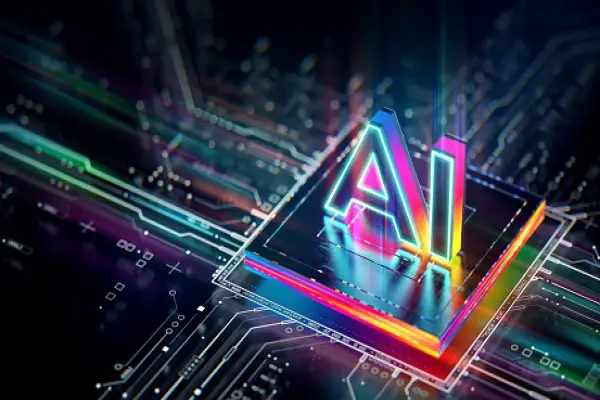Historian Yuval Noah Harari claims the world is close to creating a completely new and AI-generated religion. According to the distinguished scholar and author, this could be a major shift in how humans practice their faith.
The renowned author of best-selling books, such as Sapiens and 21 Lessons for the 21st Century, believes that shortly, programs like ChatGPT might gain admirers by building up sacred texts of their own.
At a science conference, he offered his opinions on the necessity of immediate industry regulation, stressing that AI has “achieved mastery” of human language and is ever-ready to shape our societies. As experts warn of a “dangerous” arms race, Harari has joined the growing call for AI regulation.
No doubt, ChatGPT will create its cults and sects. It is not hard to imagine the kind of loyalty and commitment it could potentially hold over its followers.
Yuval Noah Harari says:
“In the future, we may see the first cults and sects in history with treasured scriptures created by a non-human intelligence,”
“Of course, religions throughout history claimed that their holy books were written by unknown human intelligence. This was never true before. This could become true very, very quickly, with far-reaching consequences,”
He warned that due to the high technological capabilities of robots, humans should be wary of being drawn into a “Matrix-like realm of illusions”–a reference to the 1999 science fiction movie.
In a dystopian future, Keanu Reeves stars in The Matrix, the blockbuster depicting the incredible reality of humans unwittingly trapped inside a simulated world programmers have constructed to control them and use their bodies as an energy source.
Societies could be influenced and impacted in ways that may have seemed inconceivable due to the power of AI.
Yuval Noah Harari continues to say:
“Contrary to what certain conspiracy theories believe, you don’t actually need to implant chips in people’s brains to control or influence them,”
“For thousands of years, prophets, poets, and politicians have utilised language and stories to manipulate and control people while reshaping society,”
“AI is now likely to be capable of doing it. And once it can, it won’t have to deploy killer robots to shoot us down. It can get humans to pull the trigger,” he went on to say. “We need to act rapidly before AI gets out of our hands,”
“Drug companies cannot sell people new medicines without first subjecting these products to rigorous safety checks.”
“Similarly, governments must immediately ban the release into the public domain of any more revolutionary AI tools before they are made safe,”
Harari, an outspoken advocate for those worrying about Artificial Intelligence (AI) potentially being the end of humanity, was amongst the thousands of individuals who had signed a public petition calling for a suspension of further progress on AI until appropriate rules and regulations were in place.
Harari and tech billionaire Elon Musk share a common concern about the rapid advancement of AI. Initially investing in OpenAI, the creators of ChatGPT, Musk has since criticized OpenAI’s founder and has subsequently started constructing his version centered around truthfulness as an alternative.
As technology evolves and shapes our world, we must approach it critically and thoughtfully, recognizing its potential benefits and risks. While AI bots like ChatGPT may be capable of incredible feats, we must always remember that they are ultimately tools created by humans, and it’s up to us to ensure they are used responsibly and ethically.
Source: Firstpost



